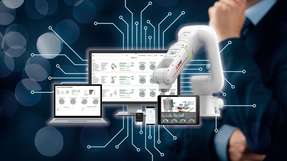Here is what the experts say:
Digitization as a perennial favorite „How does the German industry perform in international comparison?“
Digitalization has established itself as one of the top items on the process industry agenda. The topic is also becoming increasingly important at Achema 2022. How does the German industry perform in international comparison?
Bildergalerie
Firmen zu diesem Artikel
-
Aucotec AG
Hannover, Deutschland -
Bilfinger SE
Mannheim, Deutschland -
DECHEMA Ausstellungs-GmbH
Frankfurt am Main, Deutschland -
Pörner Ingenieurgesellschaft MBh
Wien, Österreich -
SAMSON AG
Frankfurt am Main, Deutschland -
Siemens AG
München, Deutschland
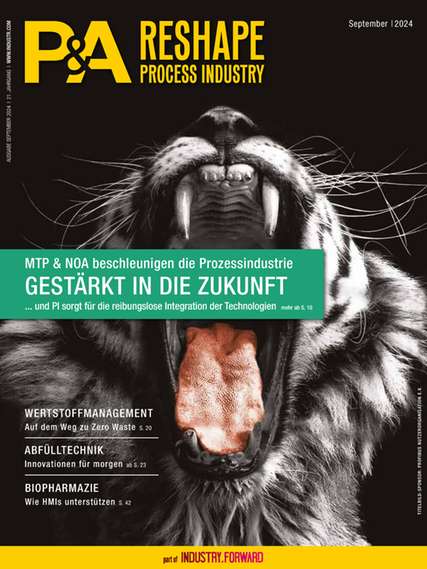






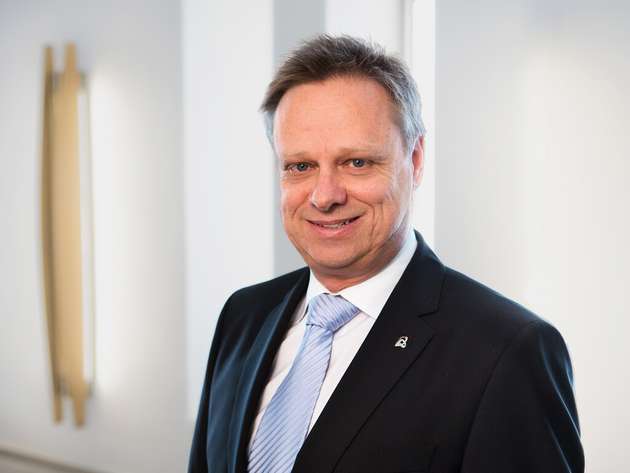

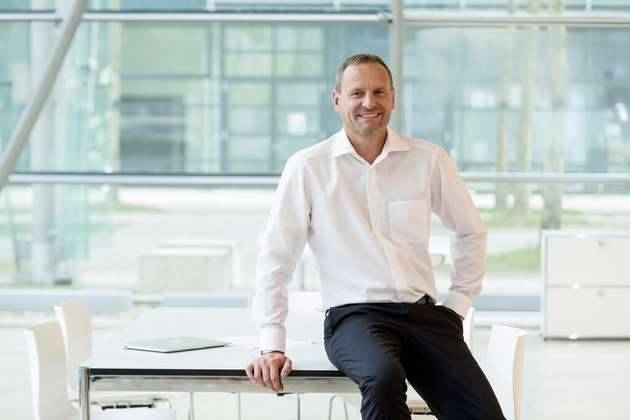

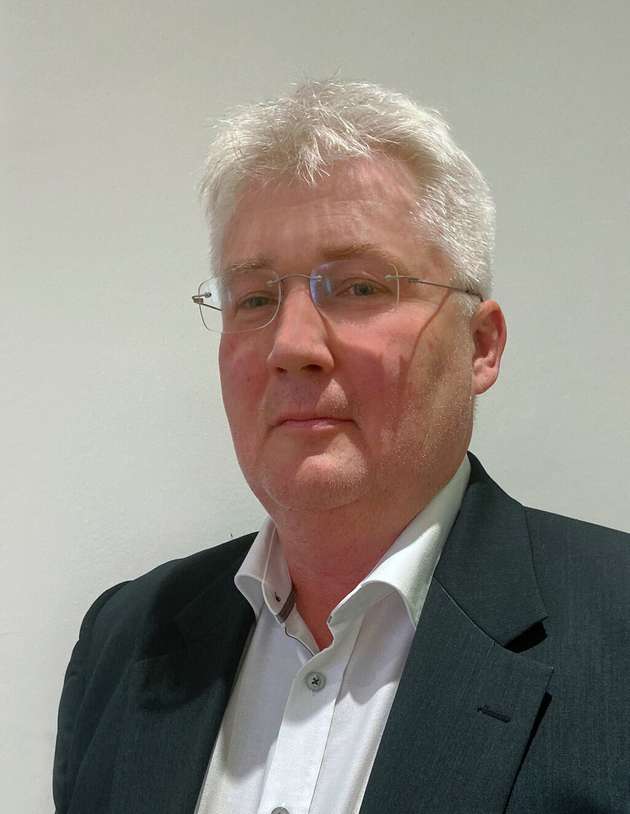

.jpg)






